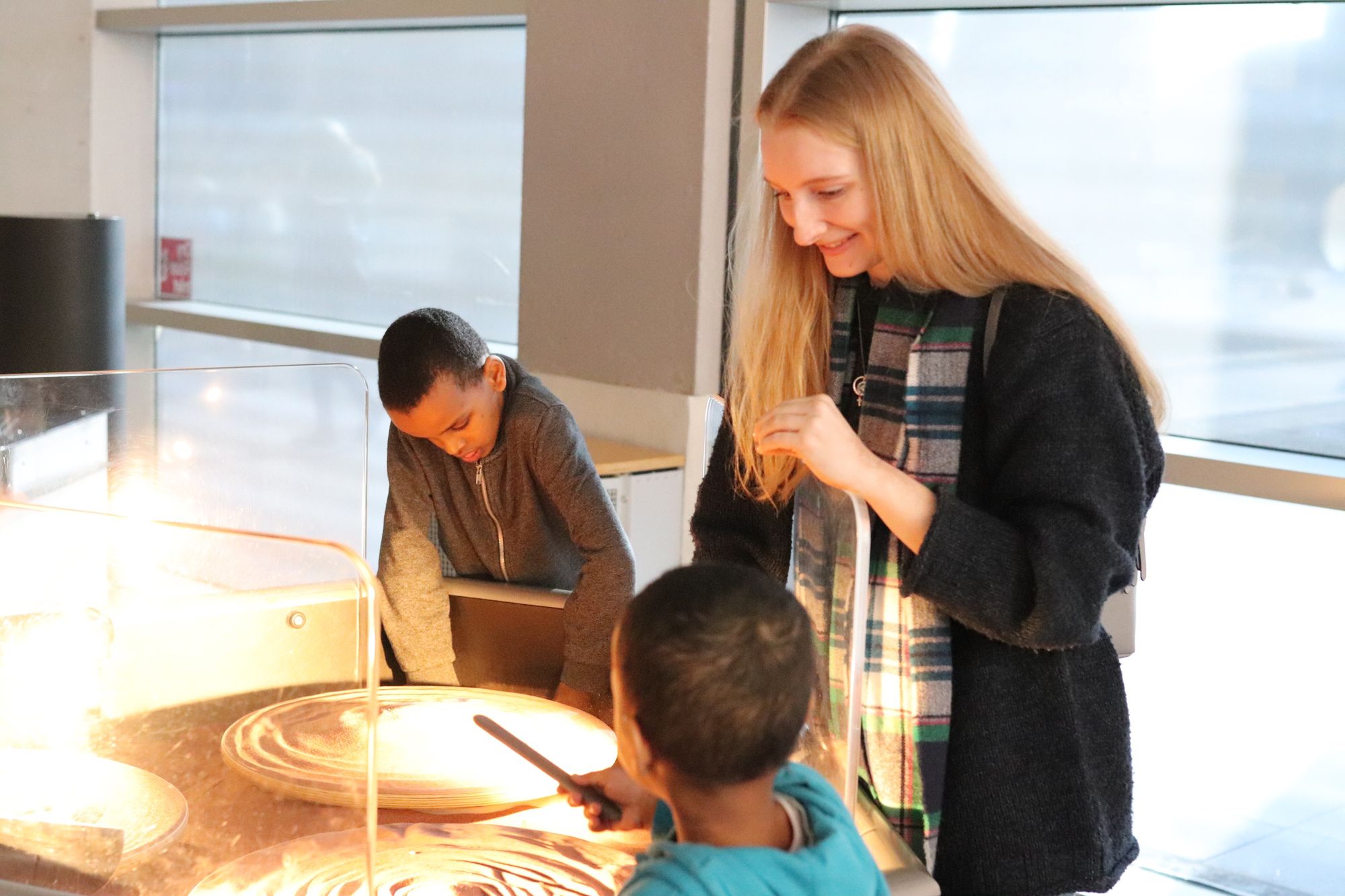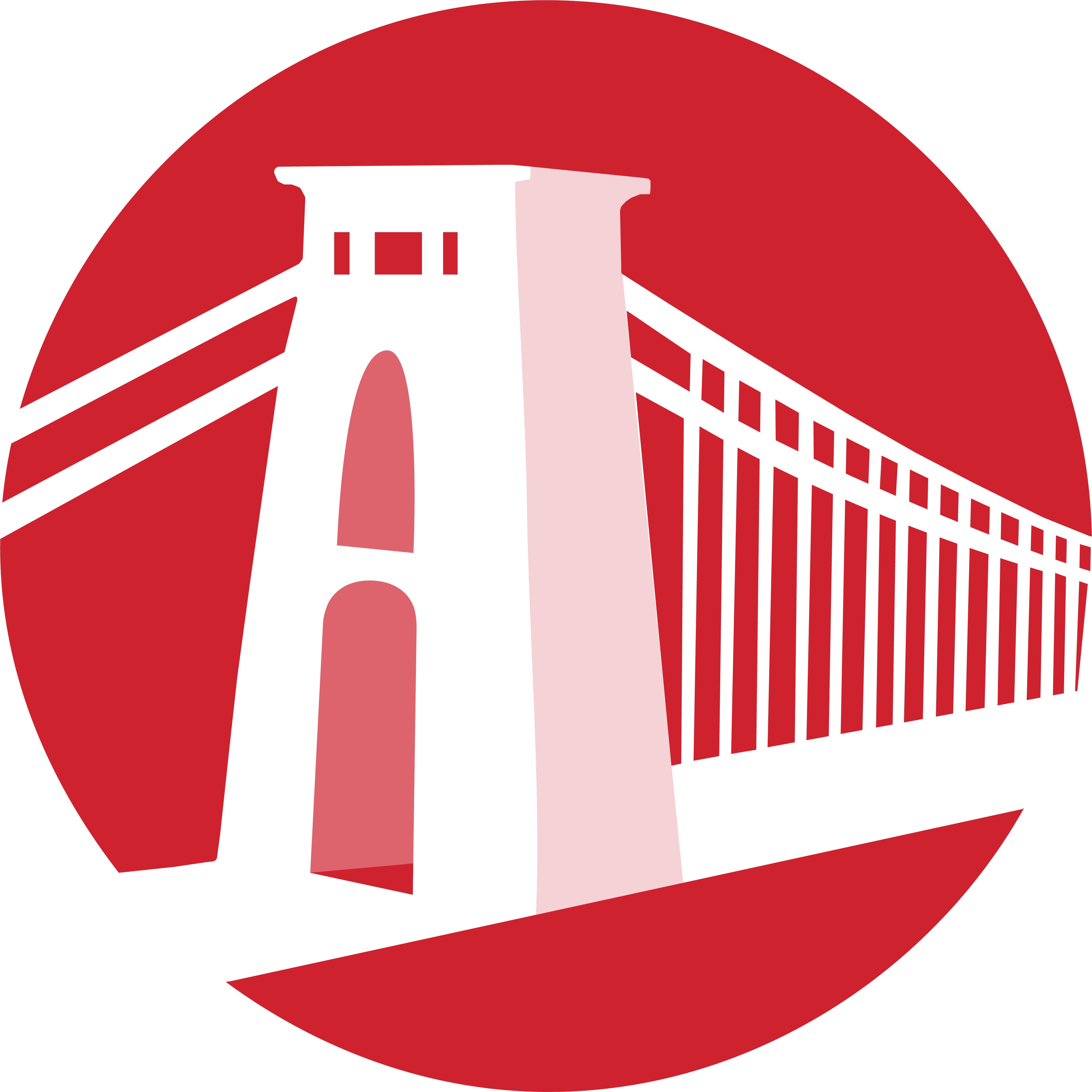The students addressing educational inequality in Bristol schools

By Lily Farrant, Investigations Editor
The coronavirus pandemic has shone a light on many forms of inequality in society. With the closure of schools, there has been a huge disparity in the quality of children’s home-schooling experiences. As the first of a series that focuses on the work of Bristol charities, Epigram speaks to Jacari, a charity that works in collaboration with the Universities of Bristol and Oxford to pair university students with children who don’t speak English as their first language to mitigate injustices in the education system.
Tracing Jacari’s origins takes us to a political activist group founded in Oxford in 1956: The Joint Action Committee Against Racial Intolerance. 70 years after the society’s founding, the recent momentum behind the Black Lives Matter movement has demonstrated that this fight is as crucial as ever.

Originally set up to raise awareness of and eliminate racial injustice at the University of Oxford, the society expanded into Bristol in 2015, and now works with six partner schools around the city.
Whilst Jacari has come a long way from its activist roots, their current work to equalise educational prospects for all children continues to tackle the inequalities in society.
Unable to go to school and without adequate internet access, there are children around Bristol who have been denied an education for the past few months.
The struggle with the language spoken around them places children at a serious risk of not achieving their full potential. A lack of fluency not only limits a child’s ability to express their own ideas, but can also take a huge toll on their confidence and mental health. Today, Jacari has over 100 children and student volunteers matched and working together in Bristol.
This teaching scheme began in 1965, initially intended to teach English to Pakistani immigrant children. However within a year it broadened into an initiative to teach English to immigrant children in general.
Nationwide lockdown has led to children having vastly different educational experiences
The 1975 JACARI Immigrant Teaching Scheme constitution states that: 'The aim of the society are to promote racial harmony through education and other available means and to give educational help to those who need it.’
Student volunteers meet with their pupil for a tutoring session once a week. The charity also organises days out and events for the volunteers, the children, and their families, to build their confidence both within and beyond the classroom. Jacari’s work also extends into the wider city, working with other organisations that support refugees and asylum seekers.
We love this wellbeing guide for young people (written by a former Jacari Bristol coordinator, Flo!) Check it out on our Facebook page 💙💛💙💛https://t.co/JrpQ9EerXv pic.twitter.com/guLQaxpY8p
— Jacari Oxford (@JacariOxford) April 1, 2020
In the past few months Jacari’s work has become more important than ever. The closure of schools that came with the nationwide lockdown has led to children having vastly different educational experiences.
Epigram spoke to Anna Bowie, one of the Bristol coordinators for Jacari, who explained that ‘Many of the families that we work with do not have adequate access to the internet to enable them to have lessons online.’
This will mean different things for different families. For some, it may be having to share one screen with the entire household, making it difficult to keep up with their schoolwork. Others may not have a computer or internet at all, making schooling impossible.
The Bristol City Council 2019/20 Quality of Life Survey indicates that whilst access to the internet is consistently high around Bristol (95%), it is significantly lower in the most deprived communities (89%). Unable to go to school, there are children around Bristol who have been denied an education for the past few months.
Despite these circumstances, Jacari has continued to support children around Bristol during the pandemic. Around a quarter of volunteers continued to stay in touch with their pupils, many keeping in touch by phone or letter.
Epigram spoke to Jacari volunteers who all concur that their experiences tutoring have introduced them to people and parts of the city outside of the University bubble. Volunteering has given them a different experience of life in Bristol; a city with very real social issues that students are not always exposed to.
The Quality of Life Survey also highlights that in deprived areas of the city, only 44% of people feel that they belong to their neighbourhood. Furthermore, whilst almost three-quarters of people (71%) feel that 'people from different backgrounds get on well together' in their neighbourhood, in the most deprived areas the proportion who agree is significantly lower, at 55%.
Access to the internet is consistently high around Bristol (95%), it is significantly lower in the most deprived communities (89%)
Polly Rumley, a Jacari volunteer, believes the best part about tutoring was not only seeing her pupils gain in confidence, but also the skills and confidence that she herself gained. Manshika Arjoon, another student volunteer, explained how rewarding she found her tutoring experiences:
‘The best part of tutoring for Jacari was the impact I am able to make in someone’s life and future education. Myself coming from a background where English isn’t my first language led me to find certain aspects of my learning at school difficult, however I was supported.
'I do truly believe that the support I am offering thanks to Jacari can change my pupils view of the education system, and encourage her to do even better at school.’
The Jacari model embodies how students can make a change in society. In choosing to go to university, we have actively embraced the power of education and understood the doors that it can open for us. Jacari encourages students to share this privilege, to empower children whose own educational experiences are challenging.
Bristol coordinator Anna reveals that Jacari is ‘looking into recruiting non-student volunteers, which will present many advantages for us as an organisation. There is also the possibility that Jacari can become part of the new National Tutoring Service that is being established, which would significantly affect the way we’re funded and the way we work, prompting us to strive for even greater standards in our programme.’
‘We always try to work in a joined-up way with other charities that deliver youth services and provide free tuition for disadvantaged children, and our student committees always try to work closely with similar societies, for example, STAR.’
Jacari and it's students have adapted and developed throughout its existence, and will continue to do so in the coming months. Despite the difficulties presented by the coronavirus crisis, the future remains bright.
Featured Image: Epigram / Jacari
Created to fight racial injustice in all its forms, there is no doubt of the importance of Jacari. Volunteer, donate, or find out more here.
